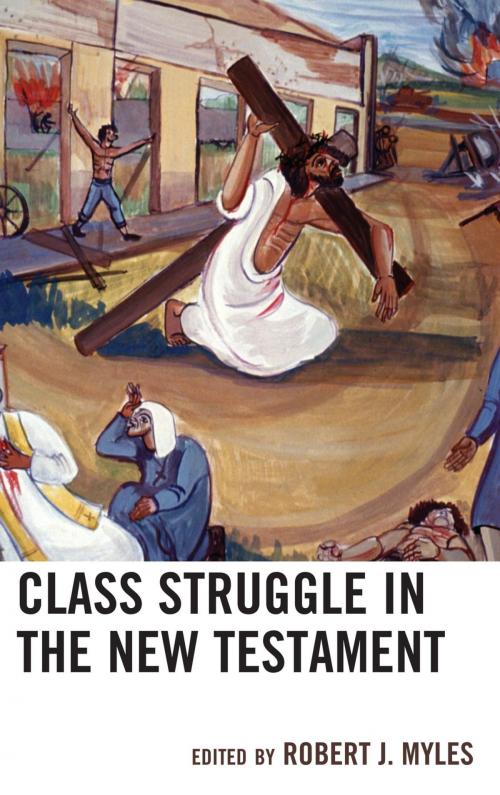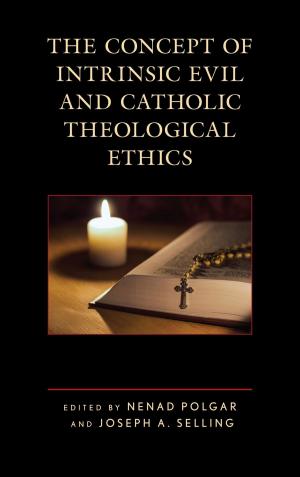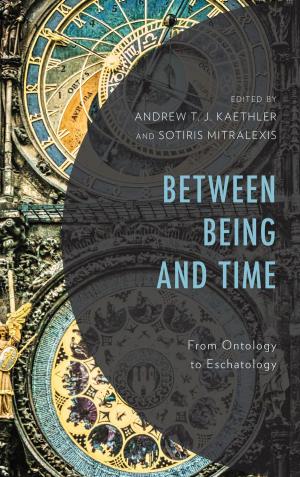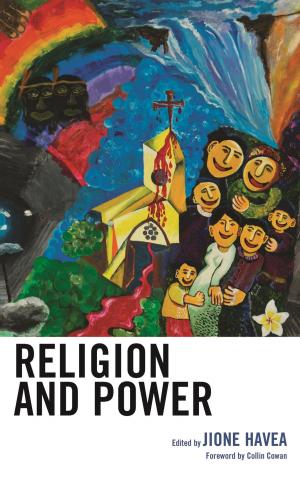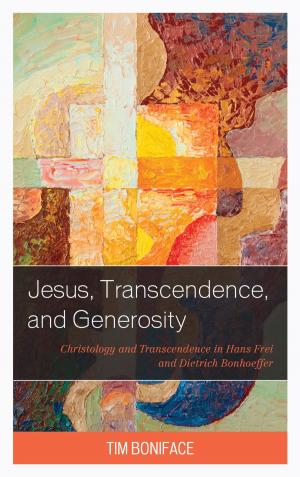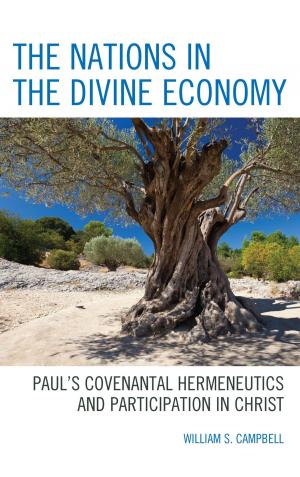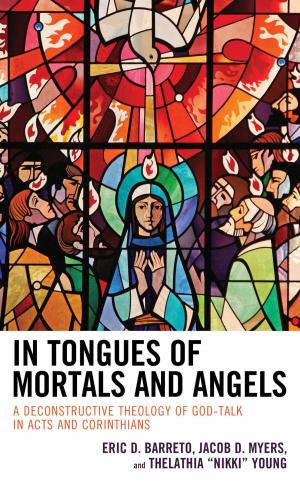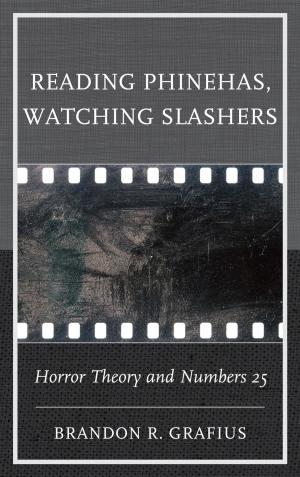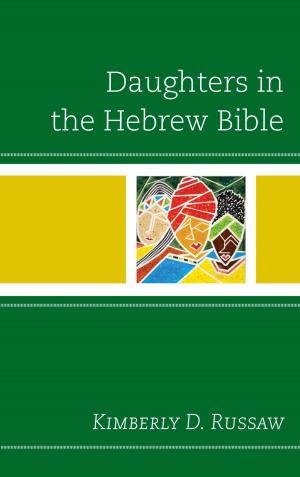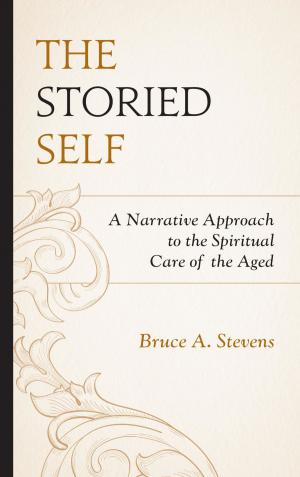Class Struggle in the New Testament
Nonfiction, History, Ancient History, Religion & Spirituality, Theology, Bible & Bible Studies| Author: | Roland Boer, Alan H. Cadwallader, James G. Crossley, Neil Elliott, Deane Galbraith, Robert J. Myles, Christina Petterson, Sarah E. Rollens, Robyn Faith Walsh, Taylor Weaver, Bruce Worthington, Christopher B. Zeichmann | ISBN: | 9781978702080 |
| Publisher: | Fortress Academic | Publication: | December 31, 2018 |
| Imprint: | Fortress Academic | Language: | English |
| Author: | Roland Boer, Alan H. Cadwallader, James G. Crossley, Neil Elliott, Deane Galbraith, Robert J. Myles, Christina Petterson, Sarah E. Rollens, Robyn Faith Walsh, Taylor Weaver, Bruce Worthington, Christopher B. Zeichmann |
| ISBN: | 9781978702080 |
| Publisher: | Fortress Academic |
| Publication: | December 31, 2018 |
| Imprint: | Fortress Academic |
| Language: | English |
Class Struggle in the New Testament engages the political and economic realities of the first century to unmask the mediation of class through several New Testament texts and traditions. Essays span a range of subfields, presenting class struggle as the motor force of history by responding to recent debates, historical data, and new evidence on the political-economic world of Jesus, Paul, and the Gospels. Chapters address collective struggles in the Gospels; the Roman military and class; the usefulness of categories like peasant, retainer, and middling groups for understanding the world of Jesus; the class basis behind the origin of archangels; the Gospels as products of elite culture; the implication of capitalist ideology upon biblical interpretation; and the New Testament’s use of slavery metaphors, populist features, and gifting practices. This book will become a definitive reference point for future discussion.
Class Struggle in the New Testament engages the political and economic realities of the first century to unmask the mediation of class through several New Testament texts and traditions. Essays span a range of subfields, presenting class struggle as the motor force of history by responding to recent debates, historical data, and new evidence on the political-economic world of Jesus, Paul, and the Gospels. Chapters address collective struggles in the Gospels; the Roman military and class; the usefulness of categories like peasant, retainer, and middling groups for understanding the world of Jesus; the class basis behind the origin of archangels; the Gospels as products of elite culture; the implication of capitalist ideology upon biblical interpretation; and the New Testament’s use of slavery metaphors, populist features, and gifting practices. This book will become a definitive reference point for future discussion.
